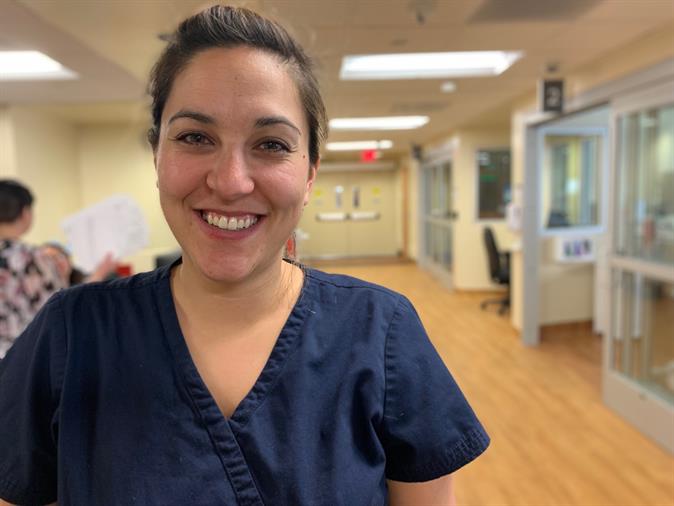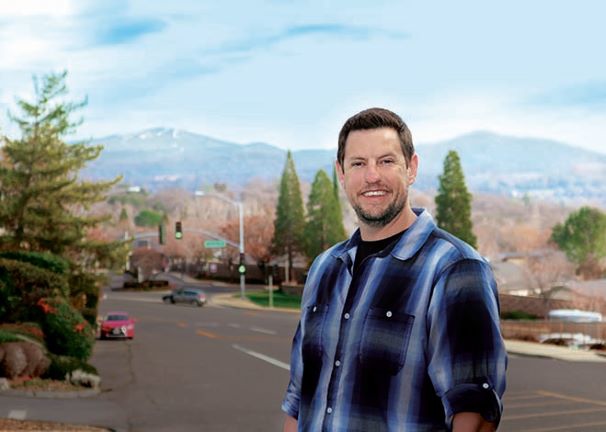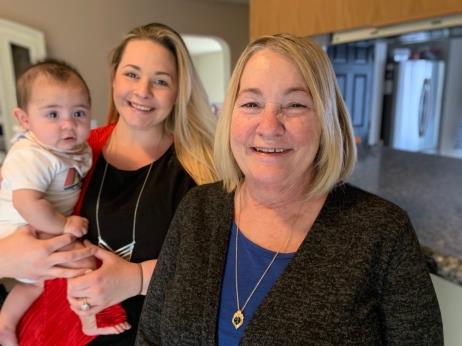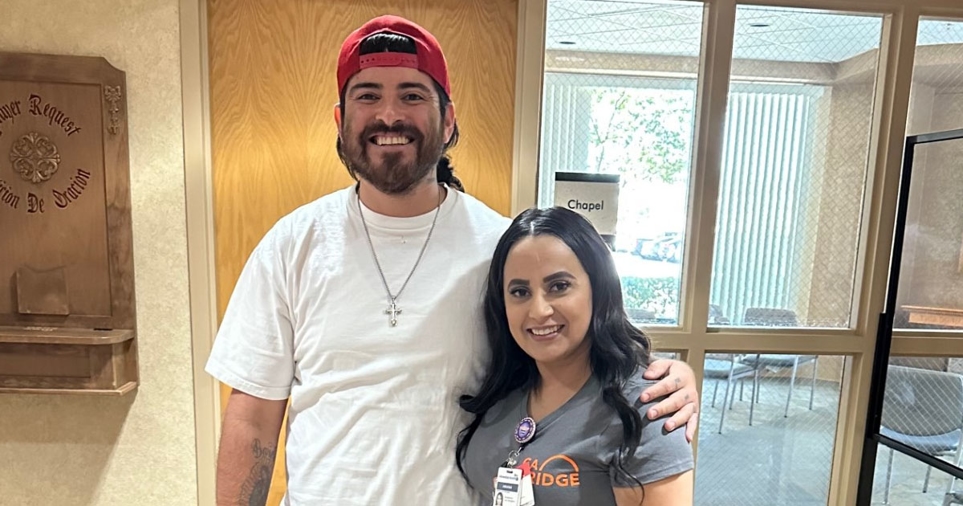Why we do what we do’: ICU patient inspires caregivers
Feb 25, 2019

Shirley Kirby inspired our team.
When she came to Adventist Health Tehachapi Valley, Kirby was feeling nauseated and running a fever. She was in septic shock , a potentially fatal condition that occurs when organ injury leads to low blood pressure. Caregivers placed her on a respirator and transferred her into Adventist Health Tehachapi Valley’s new Intensive Care Unit.
Family members wondered whether she would survive. She had sustained multiple organ injuries and was on multiple drips with heavy duty meds to keep up her blood pressure.
“It was like she was on her death bed,” Kirby’s son, Brian Henry, recalled.
After four days in the ICU, nurses prepared to take her off the respirator. It’s a frightening moment. It’s when they remove the breathing tube and pray for their patient to breathe on their own. Sink or swim. Life or death.
ICU Manager Alida Lorenz remembered the moment vividly when the tube came out. Kirby gasped for air, then began breathing normally. It was inspiring.
“It reminded me of the reason why I became a nurse – to care for the critically ill,” Lorenz said. “This is what we’re doing for this community. This is why we’re here.”
Registered Nurse BreAnne Patterson called it a blessing to care for Kirby.
“I have never felt more loved in my job than I did by Ms. Kirby and her family,” Patterson said. “It was a wonderful experience that continues to remind me that we have a deep impact on people’s lives. These moments are why we do what we do.”
A couple of days later, Kirby was released from the hospital and sent home.
“I’m very grateful. What happened to me was very serious. They didn’t know if I was going to make it,” Kirby said. “But God was with me.”
Kirby’s son added that it was the high level of care immediately available in his mother’s community through Adventist Health Tehachapi Valley that kept her alive.
“It’s a blessing. If she wasn’t here, we might have lost her,” Henry said, adding that he had never contemplated the value of a hospital until that moment. “I wish there were a hospital like this in every rural community. I’m so grateful.”


